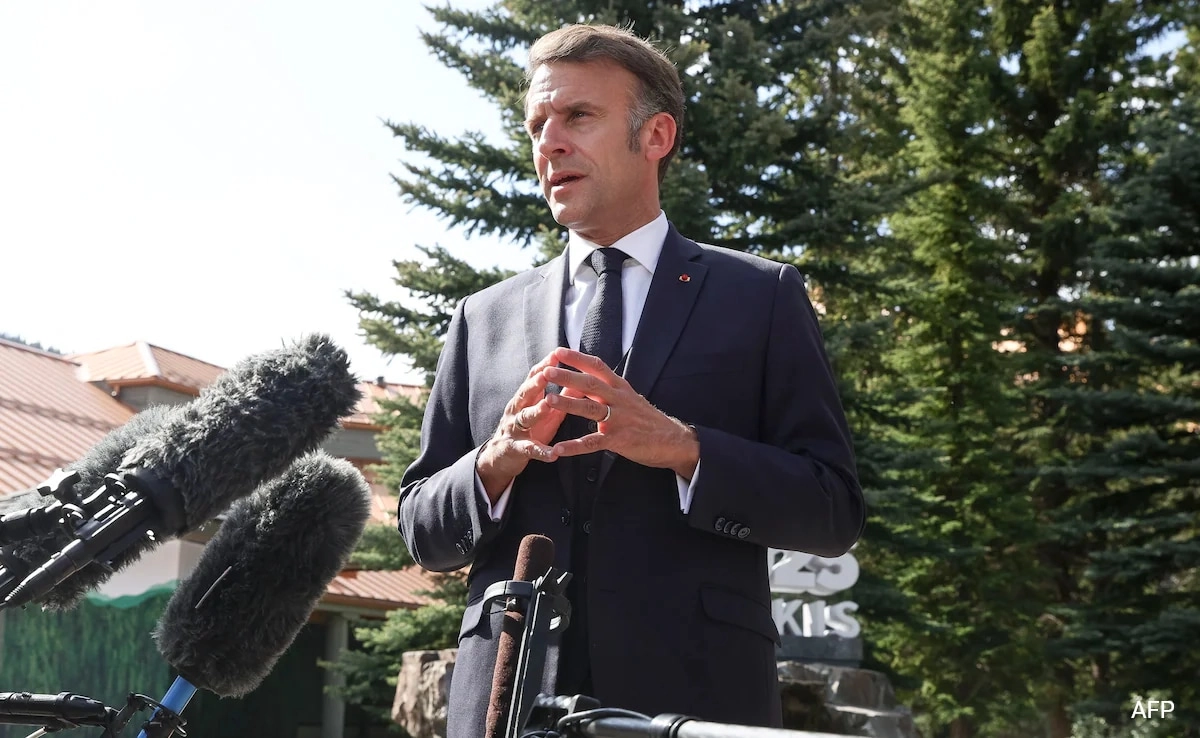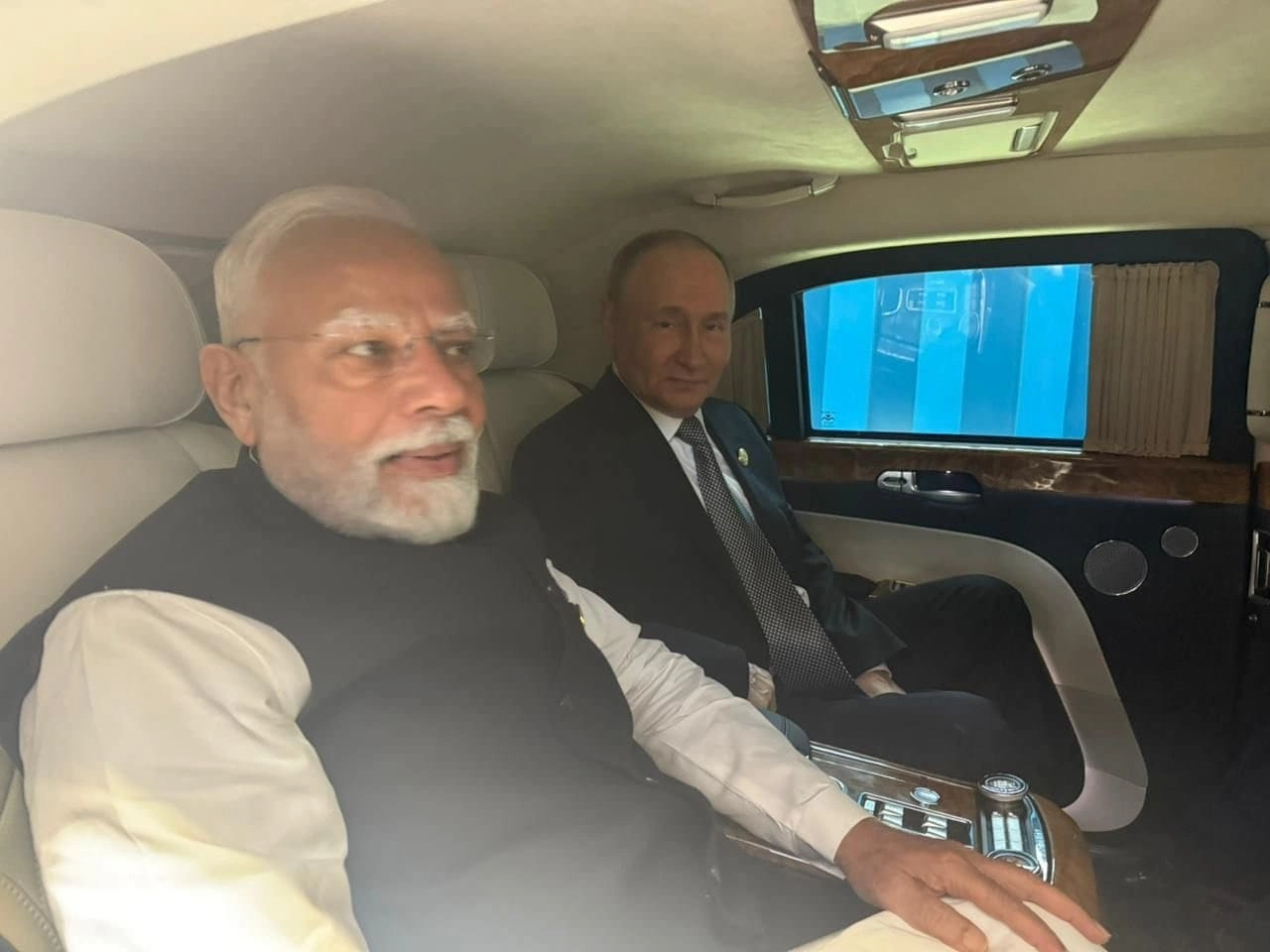In a significant diplomatic move, French President Emmanuel Macron has taken the bold step of recognizing Palestinian statehood. This decision comes amid a complex backdrop of international politics and longstanding tensions in the Middle East. Macron’s recognition is not merely a symbolic gesture but a calculated risk aimed at reinvigorating the peace process between Israel and Palestine. By acknowledging Palestinian statehood, Macron seeks to assert France’s role as a key player in the region and advocate for a two-state solution, which many see as essential for lasting peace.
The recognition of Palestinian statehood by France is a departure from the more cautious approach traditionally adopted by Western nations. Macron’s stance reflects a growing acknowledgment of the Palestinian people’s aspirations for self-determination, particularly in light of ongoing conflicts and humanitarian crises. This decision has sparked a mix of reactions, with supporters praising it as a necessary step towards justice and equality, while critics warn that it could exacerbate tensions and complicate diplomatic efforts. Macron’s move could also influence other nations to reconsider their positions on Palestinian recognition, potentially shifting the dynamics of international relations in the region.
Furthermore, Macron’s recognition of Palestine comes at a time when the European Union is grappling with its own foreign policy challenges. The EU has often been criticized for its fragmented approach to the Israeli-Palestinian conflict, and Macron’s decisive action may serve as a catalyst for a more unified European stance. By leading the charge on this issue, France could encourage other EU member states to adopt a more proactive approach to addressing the complexities of the Israeli-Palestinian conflict, reinforcing the message that a viable Palestinian state is an essential component of any comprehensive peace agreement.
In conclusion, Macron’s recognition of Palestinian statehood is a significant and risky political maneuver that underscores the urgency of addressing the Israeli-Palestinian conflict. It reflects a broader call for justice and the need for a renewed commitment to dialogue and negotiation. As the international community watches closely, Macron’s decision could either pave the way for new opportunities for peace or further entrench the divisions that have long plagued the region. The coming months will be crucial in determining the impact of this recognition on the peace process and the broader geopolitical landscape.




